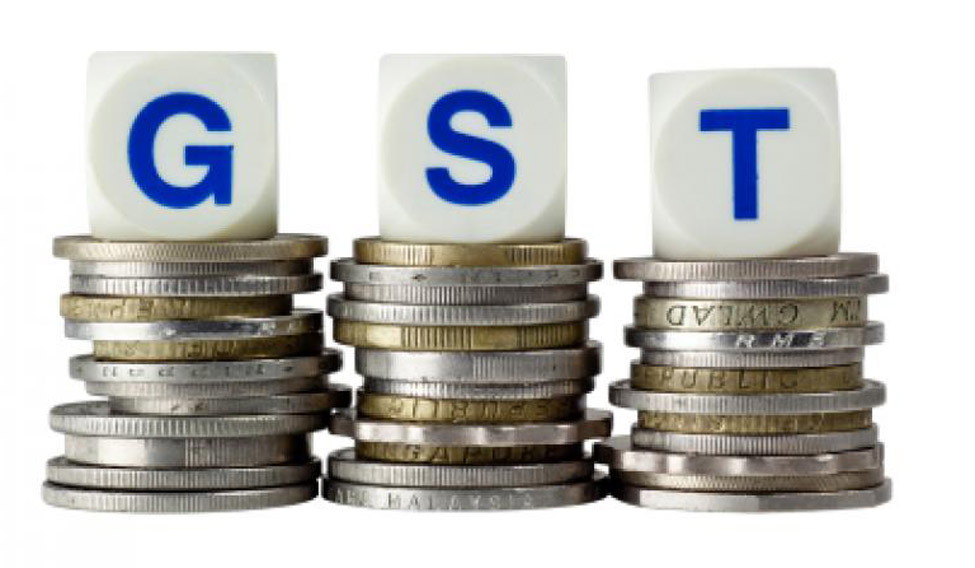The implementation of the Goods and Services Tax is expected to be a mixed bag for IT services and ITeS sector in the country. The single tax structure of the new regime, which gets rid of multiplicity of taxes, tax cascading and ambiguity in certain tax provisions, will come as a relief for both the sectors, say industry experts.
Add to this, the introduction of robust technology framework to support automated, time-bound processes for tax collection, ITC utilisation, refund mechanism and dispute resolution, which is likely to make the whole taxation process smoother for companies in IT and ITeS sectors.
That said, there are a few challenges that still remain a cause of concern for some of these companies, especially those in the IT services sector. “Increased compliance requirement for companies engaged in the supply of services through offices or development centres spread across India, and place of supply provisions may require intricate invoicing scheme for a single service contract rendered from multiples offices to single client at multiple locations,” said Nishank Goyal, CEO of Masters India Private Limited. The Delhi-based company is also a GST Suvidha provider that provides various GST-related services. “At the same time, the GST rules on exports including those on receipt of payment in convertible foreign exchange for classification under exports, taxability of transactions between Indian head office and foreign branch office, and taxability of SEZ units with refund mechanism, may cause hardships for service exporters,” Goyal told THE WEEK. He hopes that the GST Council, along with other associated bodies, will resolve these concerns and offer a tax-friendly environment needed for continuous development of the two key services sectors in the country.
On the contrary, there are other stakeholders who feel that the GST might negatively impact the IT services sector due to various reasons. Under the GST, there would be additional compliance requirements due to decentralised registrations and change in underlying documentation for the same. “Also, there is an additional working capital requirement on account of loss of upfront exemption status for exporters of services under Software Technology Parks scheme. However, the exporters under the Special Economic Zone scheme have been protected from this burden by continuing their exemptions status on their procurement,” said Kunal Wadhwa, Partner-Indirect Tax, PwC India.
In the smart phone and e-commerce segment, a few experts are of the opinion that the new tax regime will bring in a long term positive impact. “Though there will be an increase in the prices for a short term causing discomfort to everyone, nonetheless, the far-sighted impact of the GST will remain positive for us. The simplicity to trade across geographic boundaries will be catered to more effectively, thereby making it possible for every businessman to follow relatively robust, less cumbersome and seamless system to follow,”said Ashwin Bhandari, CEO of iVOOMi India, a Chinese electronics company, which has recently entered the Indian smartphone.






